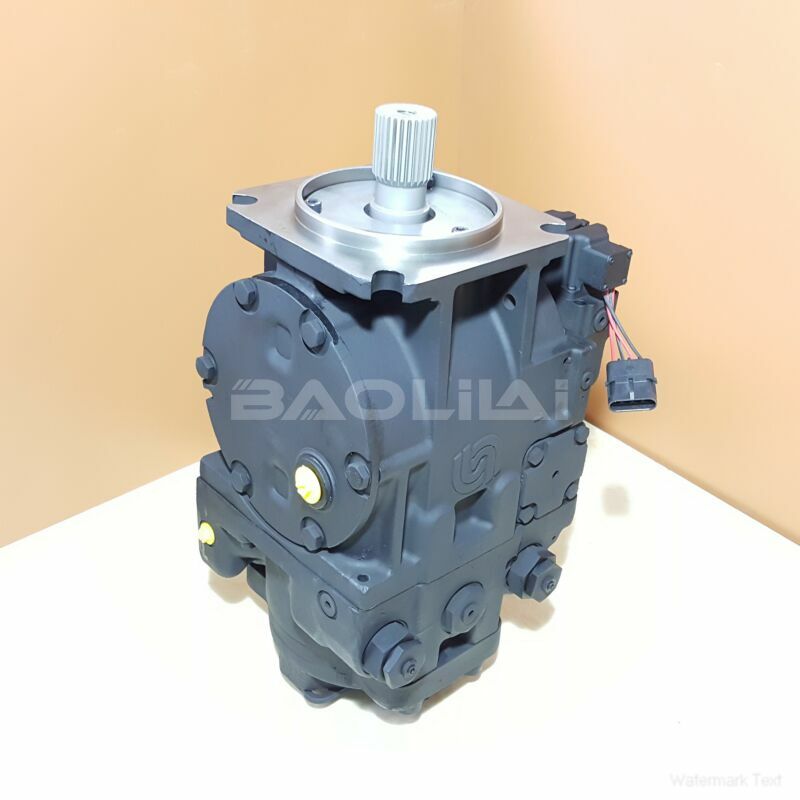90L130KP1NN80L4F1F03EBA353524 high pressure pump
90L130KP1NN80L4F1F03EBA353524 high pressure pump

- Product Details
- Applicable Scene
In industries where fluid handling is critical—especially in harsh environments—ensuring the optimal performance of hydraulic pumps is paramount. Extreme temperatures, abrasive materials, and corrosive substances can all compromise efficiency and longevity. Here are key strategies to enhance hydraulic pump performance under challenging conditions.
90-L-130-KP-1-NN-80-L-4-F1-F-03-EBA-35-35-24
90L130KP1NN80L4F1F03EBA353524
First, select the right pump for the application. The pump type, design, and materials must be suitable for the specific fluids being handled. For example, if the fluid contains abrasive particles, a gear or diaphragm pump designed to resist wear is preferable. Additionally, consider the temperature and pressure ranges; ensure the pump’s specifications align with operational demands.

9721363
Another crucial aspect is regular maintenance. Establishing a routine maintenance schedule can significantly prevent breakdowns and downtime. Regularly inspect for leaks, listen for unusual noises, and check for vibrations that might indicate misalignment or wear. Keeping the hydraulic fluid clean and at optimal levels is also essential, as contaminants can damage pump components.
Utilizing appropriate filtration systems can enhance the life of hydraulic pumps. High-quality filters will remove particulates and contaminants from the hydraulic fluid, reducing wear and tear on pumps and extending their operational life. It’s vital to choose filters that match the fluid characteristics and the system’s flow rate.
Temperature control is key in harsh environments. Excessive heat can cause hydraulic fluids to degrade, leading to decreased performance and increased wear. Insulating pump systems and using heat exchangers or cooling systems can mitigate overheating. Ensure that the pump operates within the fluid manufacturer’s recommended temperature range for optimal performance.
The choice of hydraulic fluid is also critical. In extreme conditions, use fluids that possess high thermal stability and resistance to oxidation. Environmentally friendly fluids should be considered as they can lessen the impact in case of leaks in environmentally sensitive areas.





